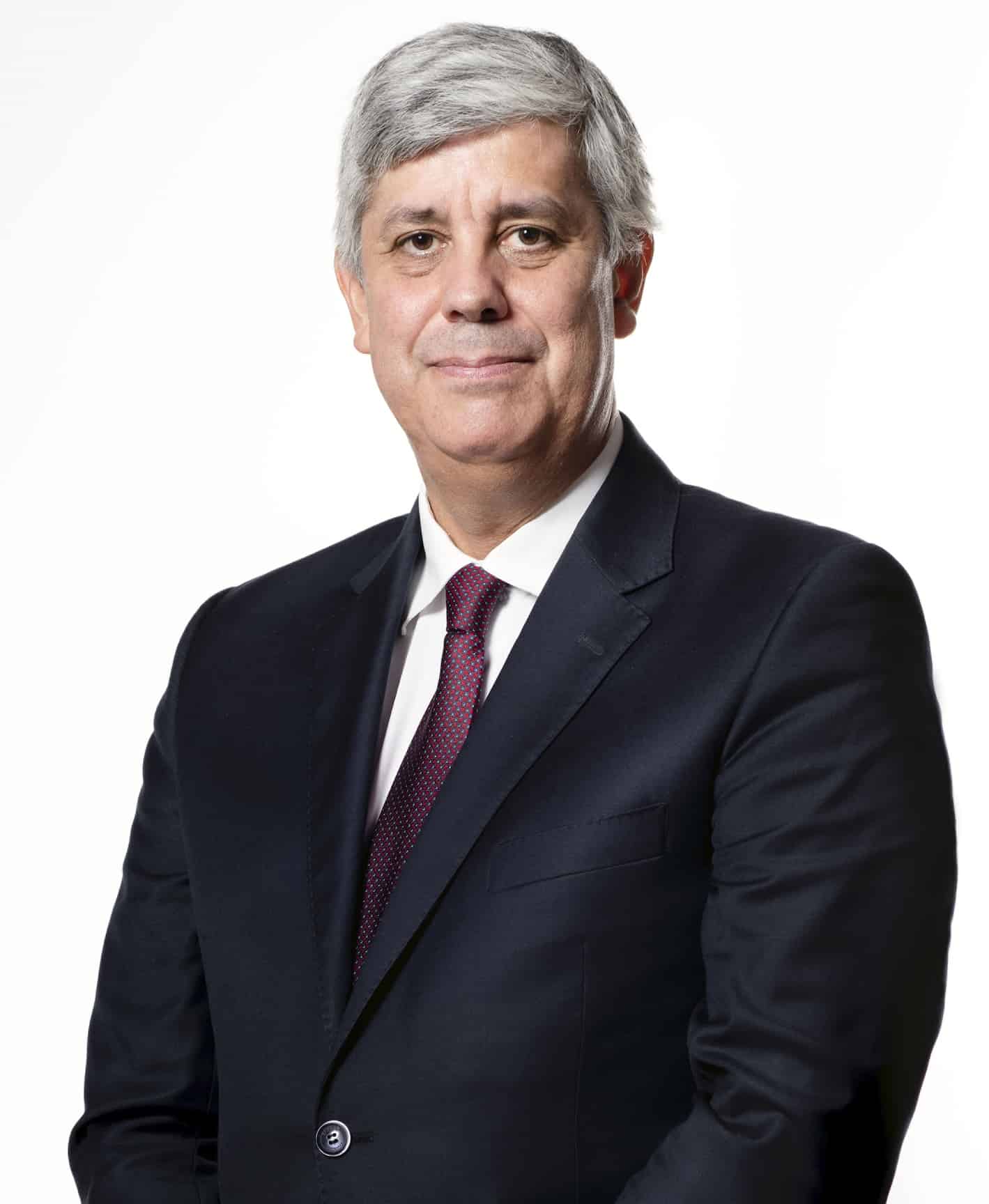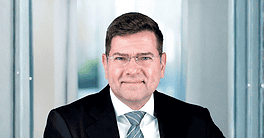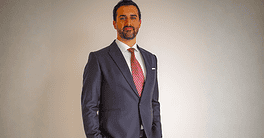Mário Centeno, governor of Banco de Portugal, speaks about Europe’s economic outlook and Portugal’s banking sector.

Global Finance: What is the economic outlook for Portugal? What are the main risks?
Mário Centeno: The post-pandemic recovery process of the Portuguese economy is being tempered by the effects of the unwarranted Russian invasion of Ukraine, resulting in increased uncertainty, continual disruptions in global production chains and higher inflation rates.
In the second quarter of 2022, real GDP growth reached 7.1% year-over-year, flat with respect to the previous quarter. Although the contribution of domestic demand is slowing, economic activity is benefiting from a resilient labor market and a boost in the tourism sector. Public investment supported by EU funds is expected to partially mitigate the slowdown resulting from the deteriorating international environment and inflationary effects.
The main risks for the Portuguese economy—shared by other euro area countries—are driven by the uncertainty of the war in Ukraine and its economic consequences, mainly regarding the indirect effect of gas rationing and consequent sharper disruptions in production chains. The uncertainty underlying the magnitude and the persistency of the opposite effects of the inflationary process—via the economic slowdown or second-round effects of wages pass-through—is also a concern.
GF: How strong is the banking sector and lending to businesses?
Centeno: After the massive effort of risk reduction and improved operational efficiency in the past decade, Portuguese banks proved their resilience during the pandemic. They remained well capitalized, held ample liquidity and were able to play their key role as liquidity providers. I am alert but confident that the Portuguese banking sector will thrive again through these difficult and uncertain times.
In 2021, profitability recovered to its 2019 level. In the first quarter of 2022, return on assets and return on equity continued to rise and reached 0.69% and 8.4%, respectively. Developments in profitability reflect the decline in provisions and impairments and an increase in net interest income. The total NPL ratio maintained its downward trend, reaching 3.6% in March 2022, supported by NPL sales, write-offs and credit growth. So far, the elimination of pandemic support measures hasn’t translated into higher restructured loans for the total portfolio, but we are monitoring the sector closely.
The increase in interest rates coupled with inflation translates into a higher burden for borrowers by increasing credit risk, especially among more vulnerable corporates. Nevertheless, the lessons of the past are well learned, and there’s a high degree of caution in the incorporation of these risks by Portuguese banks.
Moreover, interest rate increases are expected to have a positive impact on net interest income going forward. In the medium term, a greater accumulation of operational net interest income can more than offset the negative impacts of market risk and of impairments for credit risk.
GF: After the health crisis and the war in Ukraine is there something that should prompt central banks to change policy?
Centeno: Preserving the value of the euro is the core of the ECB mandate. As such, the monetary policy goal is to guarantee price stability in a context of financial stability and a proper functioning of the transmission mechanisms across the euro area.
Monetary policy must be reliable and flexible to respond to uncertain contexts. Decisions and even instruments need to have room to constantly adapt. In uncertain times, I would dare to add that policy coordination is key to overcoming the current economic challenges.
GF: What keeps you awake at night?
Centeno: The current threats to the global economy are among my top concerns. The supply bottlenecks caused by the pandemic and the unjustifiable invasion of Ukraine by Russia triggered a destabilization of the global order. It is paramount to promote an inclusive globalization. The climate transition and the respect for human rights and international law all put an additional burden on the economic system resource-wise and politically, which must be addressed by globalization—the engine of growth across the globe for many decades—but now by observing principles of inclusiveness. We need to share more evenly the benefits of sustainable growth.



